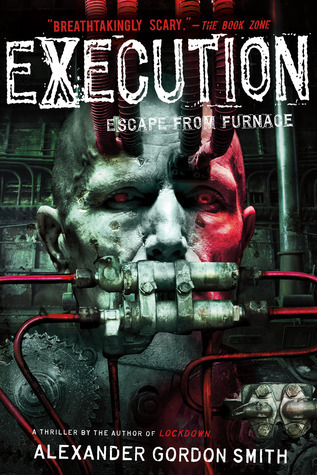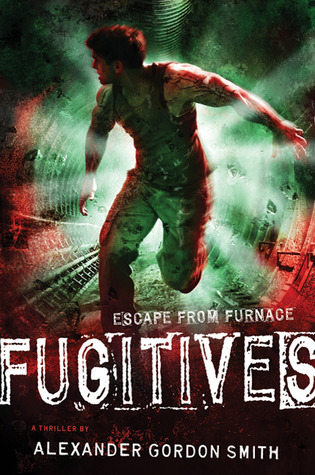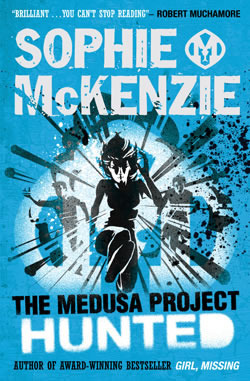
Execution
Book Description
The clock is ticking, and the stakes have never been higher in a world where every choice could lead to death. In "Execution," loyalties fracture as friends become foes and survival hinges on razor-thin margins. Tension sizzles in a gripping tale of betrayal, with characters caught in a relentless chase against time, each moment escalating the urgency of their fight for freedom. As alliances shift and darkness looms, can they hold on to their humanity, or will desperation drive them to make the ultimate sacrifice? Which path will lead to salvation, and who will pay the price?
Quick Book Summary
"Execution" by Alexander Gordon Smith immerses readers in a nightmarish, dystopian world where every decision could mean life or death. As the protagonists grapple with betrayal, fractured loyalties, and the omnipresent threat of execution, their struggle for freedom becomes a desperate race against the clock. Trust rapidly erodes as former allies turn into enemies, forcing the core group to confront not only external dangers but also their inner demons. The high-stakes environment intensifies each choice and action, testing the limits of their humanity as they seek redemption or survival. Ultimately, "Execution" is a razor-sharp exploration of morality under pressure, revealing how fear and desperation can force even the most steadfast souls to question their values and make unimaginable sacrifices.
Summary of Key Ideas
Table of Contents
Trust and Betrayal in Extreme Circumstances
In a brutal dystopian world, the protagonists of "Execution" are thrown into a relentless fight for survival. The world-building sets the stage for unyielding chaos—a place where authority is absolute, rules are fatal, and the thin line between life and death is traversed daily. The hierarchy is oppressive, and the threat of execution hovers over everyone. Every move requires strategic thinking, and even a single misstep can be instantly fatal, making the environment a crucible for character transformation.
The Erosion of Humanity Under Pressure
Trust is a fragile commodity in this world. As friendships fracture and allegiances shift, characters must constantly gauge the intentions of those around them. Deceit can be a weapon or a shield, and betrayal lurks in every corner. Former friends become enemies as desperation mounts, and the protagonists struggle to determine who, if anyone, they can depend on. These betrayals cut deeply, feeding into both personal and collective paranoia, and driving the group apart just when unity is most essential.
Desperation and Survival Ethics
The relentless pressure exacts a psychological toll. Each character is pushed to their breaking point, causing internal conflicts that mirror the dangers outside. Some cling to their morality and empathy, while others sink into ruthless pragmatism. Choices become life-and-death gambles, and the story invites the reader to consider what they might forsake under such dire circumstances. The psychological strain forces each protagonist to confront their own identity and moral boundaries, revealing the core of who they truly are.
The Cost of Loyalty and Sacrifice
As time runs out, the urgency intensifies. Every ticking second amplifies risk, and the characters are forced into rapid, often dangerous decisions. The use of time as both a literal and figurative villain underscores the impossibility of planning or hope for rescue. The action quickens, pitting the characters not only against external threats but also their limited options. The mounting tension culminates in a desperate scramble for freedom where sacrifices must be made.
Time as the Ultimate Adversary
In the story's climax, the cost of loyalty, betrayal, and sacrifice comes due in devastating ways. Not all will survive, and those who do are forever changed. The survivors emerge scarred, their innocence stripped by the necessity of violence and betrayal. "Execution" ultimately interrogates what is left of the self when everything else has been taken away, challenging readers to reflect on the true meaning of humanity and redemption amid the darkness.
Download This Summary
Get a free PDF of this summary instantly — no email required.





